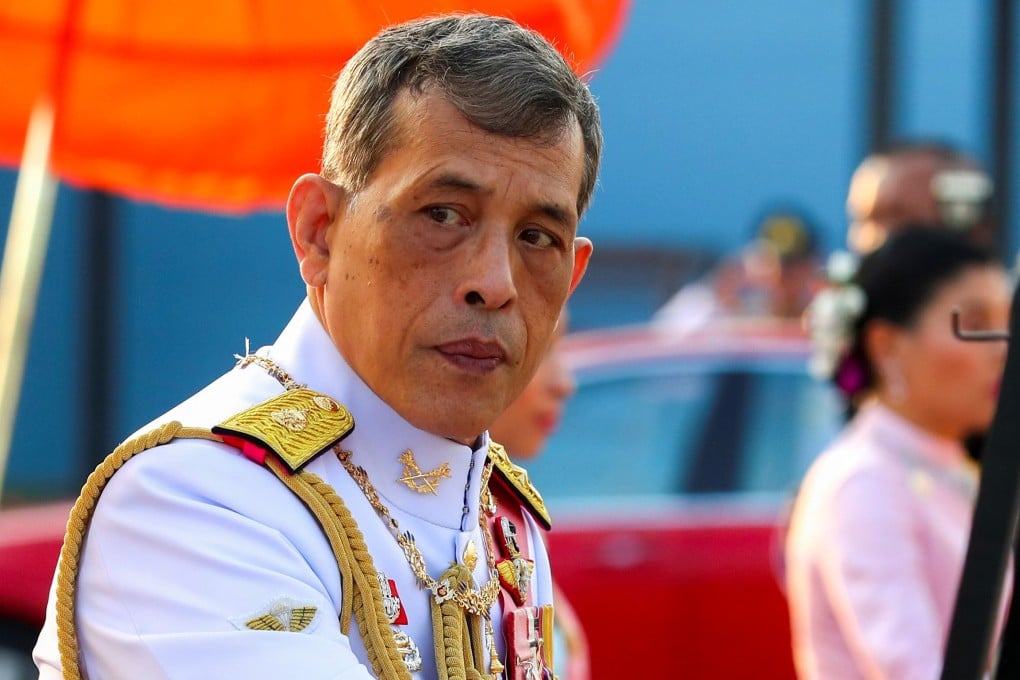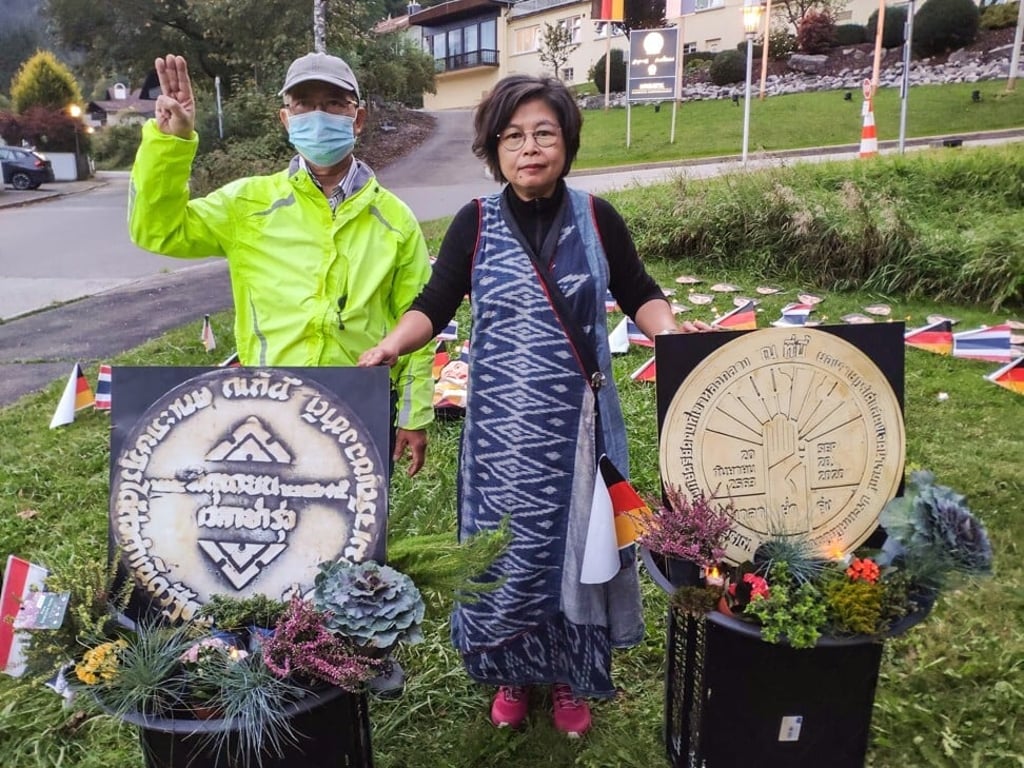Advertisement
Is Germany about to lose patience with Thai King Maha Vajiralongkorn?
- Reports of the king’s activities have moved from the gossip section to the front pages of more serious newspapers in Germany
- There are growing calls to investigate the political activities the Thai monarch is conducting from his home in the Bavarian Alps
Reading Time:3 minutes
Why you can trust SCMP
19

Thailand’s capital of Bangkok is more than 8,800km away from the scenic Bavarian lake region where King Maha Vajiralongkorn quietly took up residence as crown prince over a decade ago.
The 68-year-old’s improbable choice for a life shrouded in secrecy in Germany was long just a staple of reports that appeared in the curiosity sections of tabloid newspapers and on lifestyle TV programmes here. Those occasional reports of an eccentric monarch were nourished by at-time bizarre public sightings – such as wearing a tightfitting crop top over a bare torso on a shopping excursion and otherwise behaving strangely.
Advertisement
The scion of one of the world’s most privileged and wealthiest royal families, the king also reportedly spends time at a luxury Alpine hotel in the Bavarian ski resort of Garmisch-Partenkirchen that he rents out entirely for his entourage.
Now, facing pro-democracy protests in Thailand along with demands for a new constitution and limits on the monarchy, the king’s decision to spend most of his time in Germany – since 2016 when he ascended the throne upon his father’s death – has become a major political issue in both countries.
The king is now back in Bangkok with his family but reports on him and his activities have moved out of the gossip section and onto the front pages of more serious mainstream newspapers in Germany.
Advertisement
Select Voice
Select Speed
1.00x
